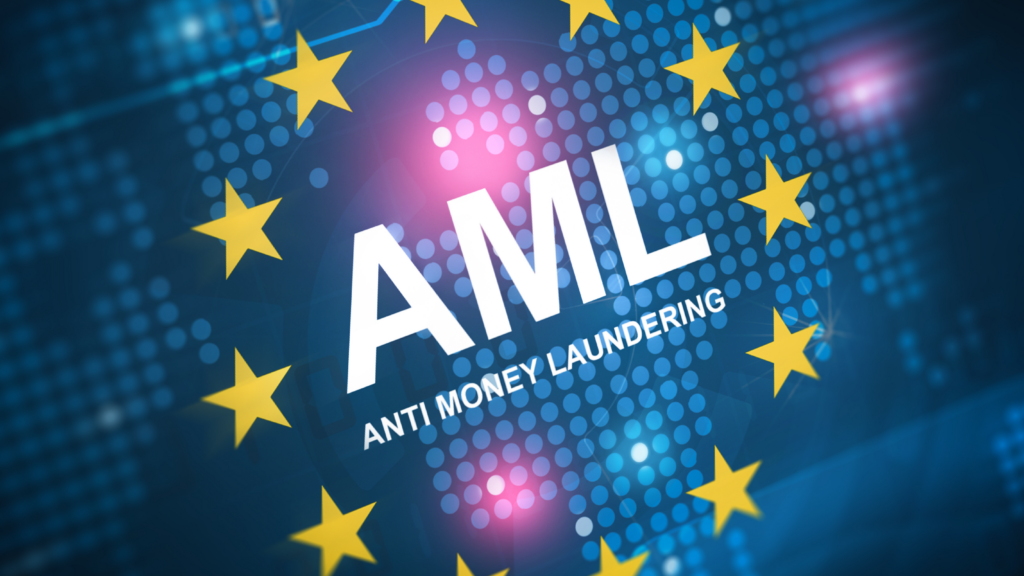Potential US Sanctions Shift on Russia

The imposition of sanctions on Russia has evolved significantly since the first measures were introduced in 2014, after Russian forces annexed Crimea. At that time, the European Union’s response was cautious.
How Anti-Financial Crime Teams in FI`s Evolved

A major catalyst for the creation of dedicated sanctions roles was the first US sanctions legislation, notably the Trading with the Enemy Act (1917) 1and the establishment of the Office of Foreign Assets Control (OFAC) 2in the 1950s. Together, they gave the US government broad powers to administer and enforce economic sanctions motivated by foreign policy. Over time, these measures required individuals or even small teams mainly in the banks to keep track of the ever-changing sanctions lists and ensure that no prohibited parties had access to the financial system.
Evolution of Sanctions Against Russia

Let’s start with a brief historical context of Russia’s aggression against Ukraine.
Following Russia’s annexation of Crimea in 2014 and support for separatists in eastern Ukraine, tensions between Russia and Ukraine escalated. Despite diplomatic efforts such as the Minsk agreements, the conflict in Donbass continued with low intensity.
Sanctions against Syria

For more than five decades, the Assad family ruled Syria with an iron hand, shaping the country through authoritarian control, political oppression and systematic human rights violations. From Hafez al-Assad’s seizure of power in 1971 to Bashar al-Assad’s escape in 2024, the country has now borne the consequences of dictatorship, war and international isolation.
EU AML Framework 2025

The European Union will implement a transformative AML framework in July 2025, taking a significant step in the fight against money laundering and terrorist financing. This new package, already adopted in 2024 in response to persistent vulnerabilities in the financial system and the complexity of cross-border risks, offers an ambitious overhaul of the regulatory landscape.
EU’s 15th Sanctions Package

Russia’s persistent efforts to bypass the oil price cap have prompted the European Union to take decisive action in its 15th sanctions package. This new set of measures targets loopholes that have enabled Russia to continue exporting oil and sustaining its revenues. By blacklisting 52 additional vessels—bringing the total to 79—the EU is focusing on Russia’s shadow fleet, a network of aging, underregulated ships central to its evasion strategies. This initiative has the potential to increase the cost and complexity of sanctions evasion while addressing the significant safety and environmental concerns associated with these high-risk vessels.
Risk-Based Approach Adoption

The Risk-Based Approach (RBA) is a foundational principle in modern anti-money laundering (AML) frameworks. It is about understanding the risks of money laundering and terrorist financing (ML/TF) within a business. By identifying and assessing these risks, the RBA supports an effective but also efficient allocation of resources to combat ML/TF effectively.
Suspicious Activities Detection acc. to the German Money Laundering Act (GwG)

Identifying suspicious activities is a cornerstone of combating money laundering, helping Obliged Entities (OEs) detect and deter fraud and other illicit activities. To this end, OEs must closely monitor high-risk criteria to flag transactions or behaviours that deviate from standard patterns. All red flags should be investigated to determine whether they represent legitimate transactions or warrant further scrutiny.
The Risks of Using AI in Compliance

Artificial Intelligence (AI) offers transformative potential for enhancing compliance processes, from automating routine tasks to identifying patterns in data that could indicate regulatory risks. However, the adoption of AI in compliance is not without its challenges. While the technology brings significant advantages, it also introduces risks that businesses must be mindful of to avoid regulatory and legal pitfalls.
Challenges in AML Compliance

The threat of money laundering has become a major problem for financial institutions worldwide. Both banks and non-bank financial institutions, such as insurance or investment companies, are under increasing regulatory pressure to implement effective and efficient anti-money laundering (AML) solutions to prevent illicit financial activities. These institutions must not only protect their business and reputation, but also ensure that they do not become unwitting accomplices of criminal individuals or organisations.
